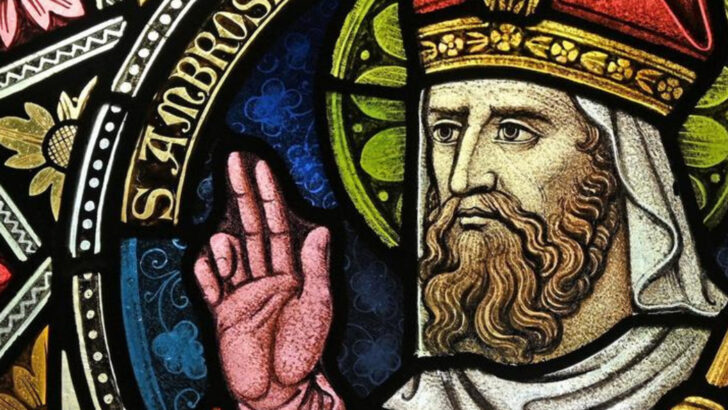Sometimes I wonder about Rome. Not Rome as a tourist destination, which is a venue unsurpassed. With apologies to Samuel Johnson, when a person is tired of Rome, that man or woman is tired of life. I don’t deny Rome’s importance as a goal for pilgrims either, though no doubt in this Holy Year some of its hoteliers will be as tempted to price-gouge pilgrims as might happen in Dublin around the time of a concert or a match.
I do wonder about Rome, though, in the sense of Rome as the Holy Father’s See, the place from which we get our ideals, our challenges, our encouraging words. Rome must always be a significant place for us Roman Catholics, and I sometimes wonder about its inconsistencies: it seems to say one thing and do another.
For example, look at the current Roman way of appointing bishops Our Holy Father tells us bishops should have the smell of the sheep. Those of us who work in parish ministry agree, for we know from experience that bishops who provide guidance and leadership to parishes need to have some experience of what it is like to minister on the coalface, to realise the impact of their pastoral decisions.
But while the Holy Father says this, under his leadership those being made bishops move from one end of the country to another – not just in Ireland but all over the world. It seems to be rare for a priest in any particular diocese to be called on to lead the diocese with which he is most familiar, the diocese in which he most likely has the smell of the sheep.
Culture
There may be places in the world in which culture seems ‘much of a muchness’ in each place. In the United States, for example, it might well work for a priest associated with a rural area in one state to fit in the rural area of another as its bishop. Urban areas in the States may have similar likenesses. But this does not obtain in Ireland, where two sides of one small parish can have dramatically different cultures, not to mention places in different counties and provinces. A pastor may be well familiar with the sheep in the hills of Donegal from his parish ministry there, but that does not mean he will be a natural fit in the Wicklow mountains.
And yet the practice of appointing strangers to lead dioceses seems to continue unabated. I hope someone somewhere is critiquing this current method of appointing bishops, as I am not sure it is working out that well.
These thoughts on bishops’ appointments were spurred by the biography of St Ambrose, whose feast was on December 7. Ambrose, the civic leader of Milan, was chosen by the people to be their bishop before he was even ordained. If any similar recommendation was made to Rome today, the choice of the Milanese would probably end up as bishop somewhere in Sicily – with very different sheep!
**
On the fourth weekend of each month, I preside at Masses in our cathedral in Skibbereen, where a joke goes down well at the start of the homily. Here’s my January joke:
“A parish holds a summer party out on the lawn, with a long table covered with food. At one end is a big bowl of apples, to which the Pastor has attached a sign: “Take just one, God is watching’. At the other end there are bars of chocolate, sweets, cookies. And a child has added a sign: “Take as many as you like, God is watching the apples!”
***
I used to avoid rehearsals for couples getting married. Doubtless I had some bad experiences early on, at those terrible endless sessions attended by so many people, each one chipping in their own ideas on how a wedding should be organised. it put me off rehearsals. Nowadays I am inclined towards gathering just a few in the church; the couple, their witnesses, maybe a sacristan or another local minister. It doesn’t take long, but it helps to establish rapport with the couple, a vital ingredient which helps ensure a smooth experience on the wedding day. I sincerely recommend these slimmed-down rehearsals.


 St Ambrose of Milan
St Ambrose of Milan 